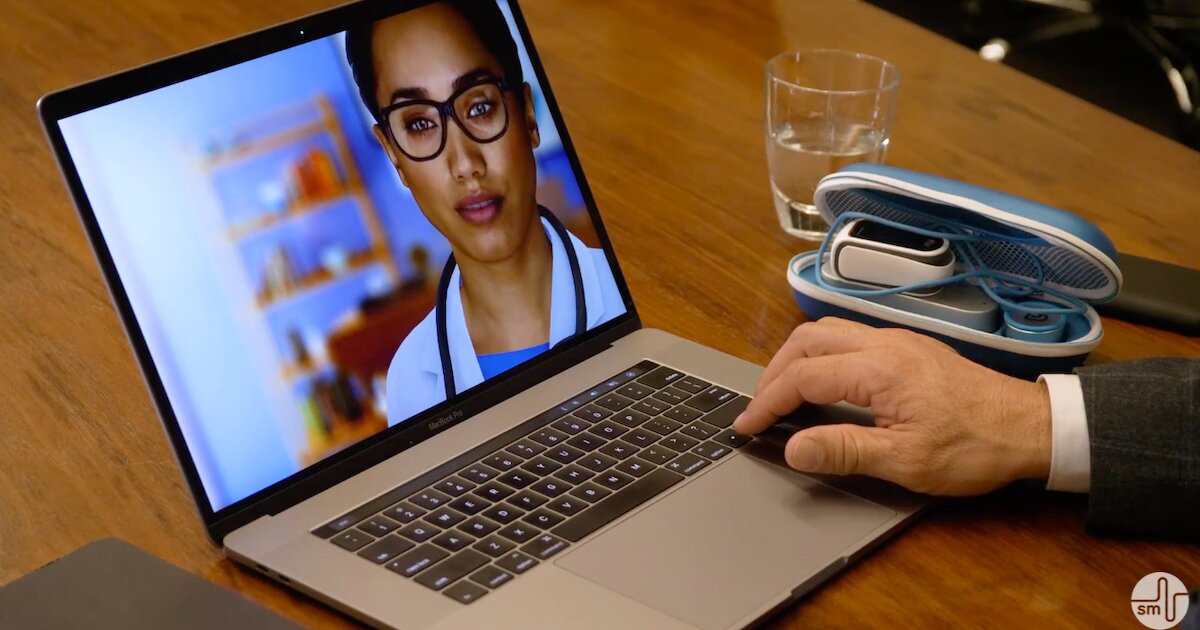'Digital people' to help improve healthcare in New Zealand
22 Aug 2022

Preview
Source: mobihealthnews
Credit: Soul Machines
New Zealand's Ministry of Business, Innovation & Employment is backing three local research projects that will explore the use of autonomously animated "digital people" by AI company Soul Machines in improving healthcare outcomes.
The ministry's Catalyst Fund will be providing a combined NZ$5.1 million ($3.1 million) to the three projects, two of which will be led by researchers from the University of Auckland and the other led by researchers from the University of Canterbury.
Using its Human OS platform and digital brain technology, Soul Machines creates life-like digital people that interact in real-time with humans.
WHAT IT'S ABOUT
One of the projects, led by professor Merryn Tawhai of the University of Auckland's Auckland Bioengineering Institute (ABI), will develop a culturally appropriate digital health navigator for patients dealing with chronic conditions, such as type 2 diabetes and cardiovascular diseases. Linked with data from at-home and body-worn sensors, the navigator will be designed to read patient-specific information and talk to a patient in real-time to help them understand and manage their condition.
"Rather than the episodic and reactive doctor-patient relationship typical in the real world, this would allow for continuous interaction that encourages and supports the management of chronic disease," explained Prof. Tawhai.
Another ABI-led project will develop software that harnesses physiological parameters collected from smartphones, watches, and other wearable sensors to monitor a person’s emotional wellbeing. A digital person will also be created to provide a user with personalised feedback on how they can manage their own depression. This project also looks to create a telehealth interface to enable remote live therapy sessions, mediated and supported by a user's digital character who will have detailed knowledge of their mental health history.
The third project by University of Canterbury researchers will see the development of a hyper-realistic virtual therapy avatar to support high-functioning people with Autism Spectrum Disorder to better recognise emotions. The avatar will be created out of Soul Machines' Digital DNA Studio and will be incorporated with accepted therapeutic methods and computer vision.
MARKET SNAPSHOT
Sensely is another company that has developed avatars to support healthcare delivery. Its platform has been adopted by health organisations worldwide for client support. Most recently, its technology has been incorporated into mySanitas, a mobile patient app by Sanitas USA.
Tags: Soul Machines, University of Auckland, University of Canterbury, New Zealand, Auckland Bioengineering Institute, AI, digital people, Avatar, chronic disease, mental health, health management
For more details,please visit the original website
The content of the article does not represent any opinions of Synapse and its affiliated companies. If there is any copyright infringement or error, please contact us, and we will deal with it within 24 hours.
Organizations
Targets
-Drugs
-Chat with Hiro
Hot reports
Get started for free today!
Accelerate Strategic R&D decision making with Synapse, PatSnap’s AI-powered Connected Innovation Intelligence Platform Built for Life Sciences Professionals.
Start your data trial now!
Synapse data is also accessible to external entities via APIs or data packages. Empower better decisions with the latest in pharmaceutical intelligence.





